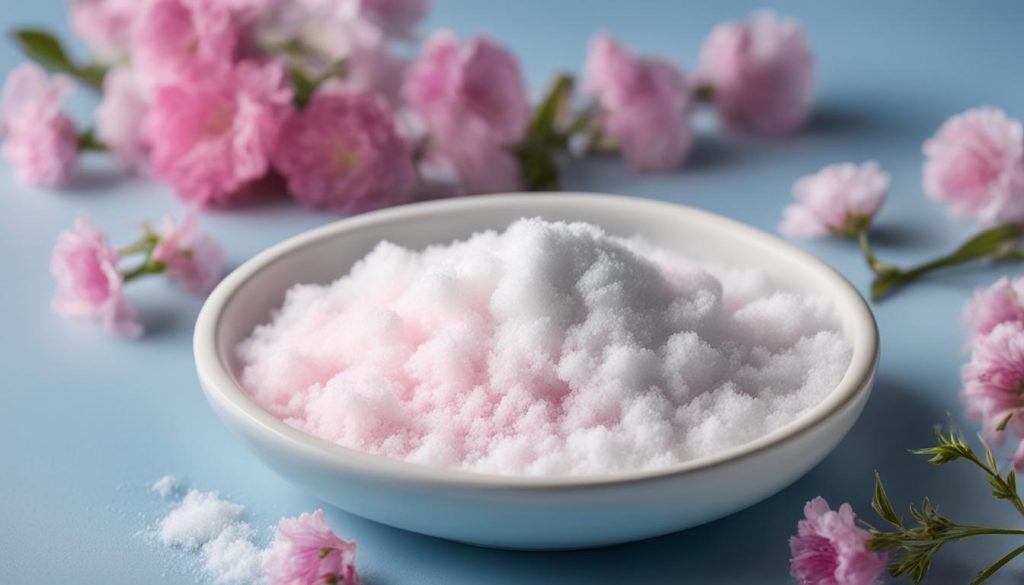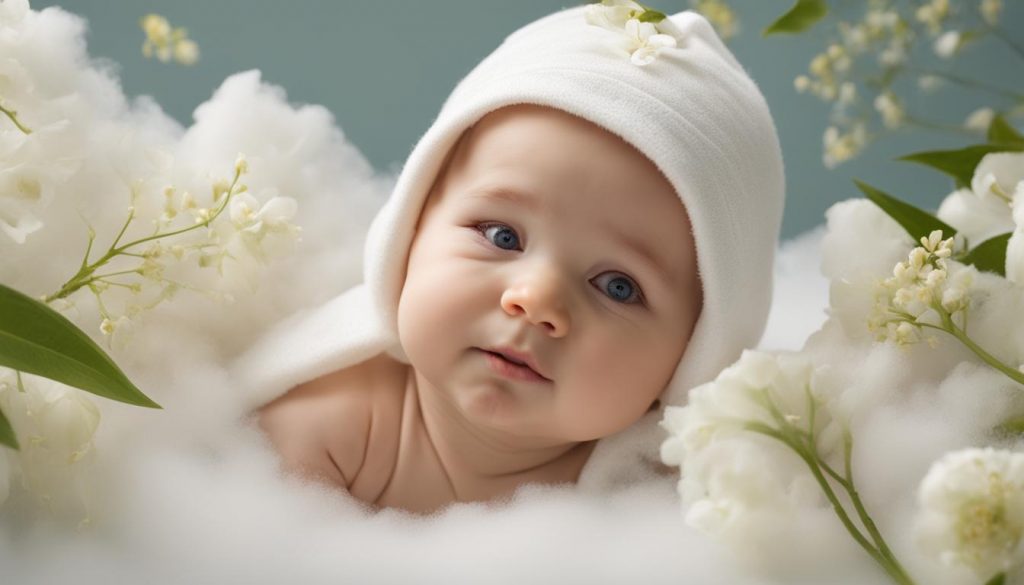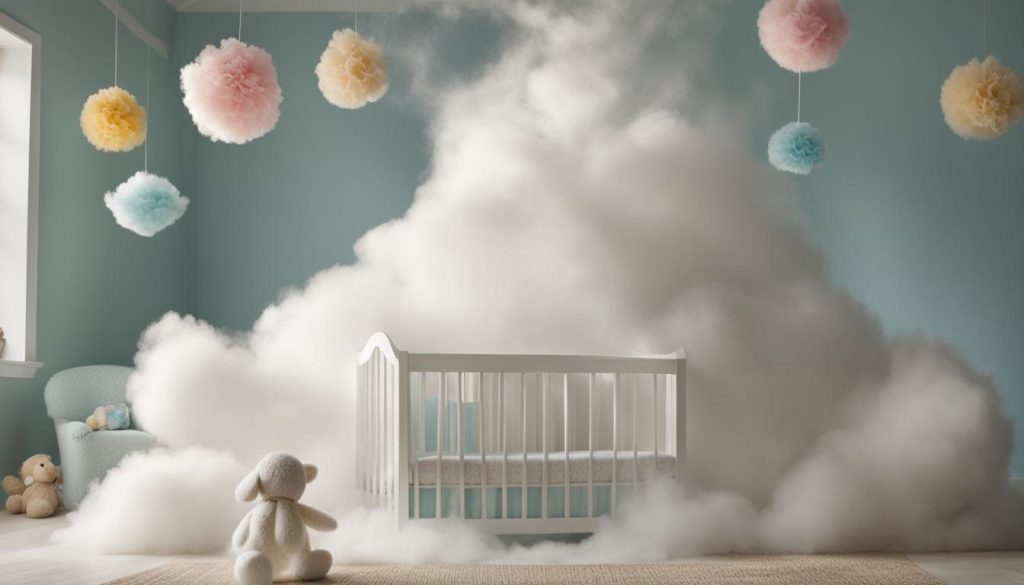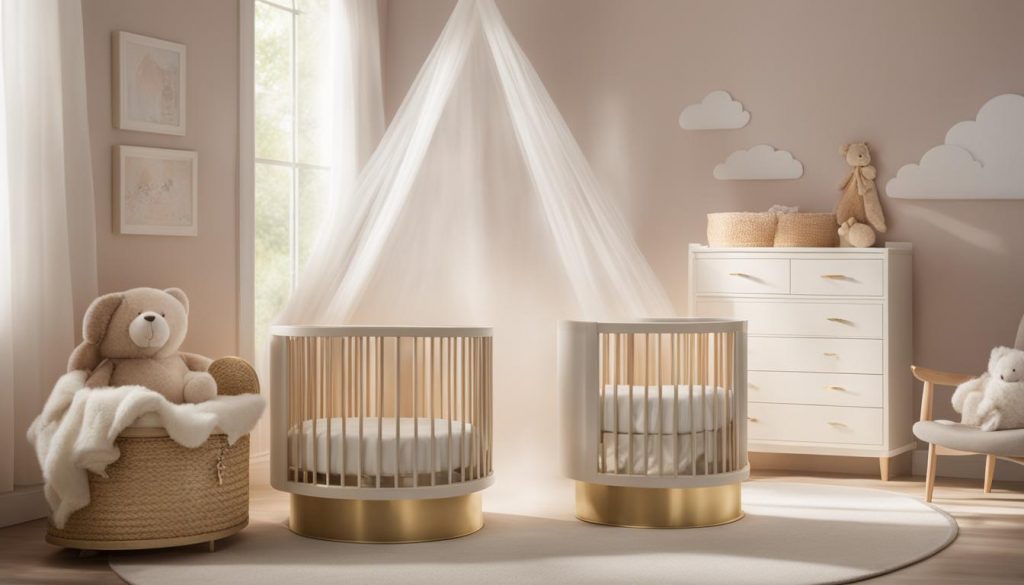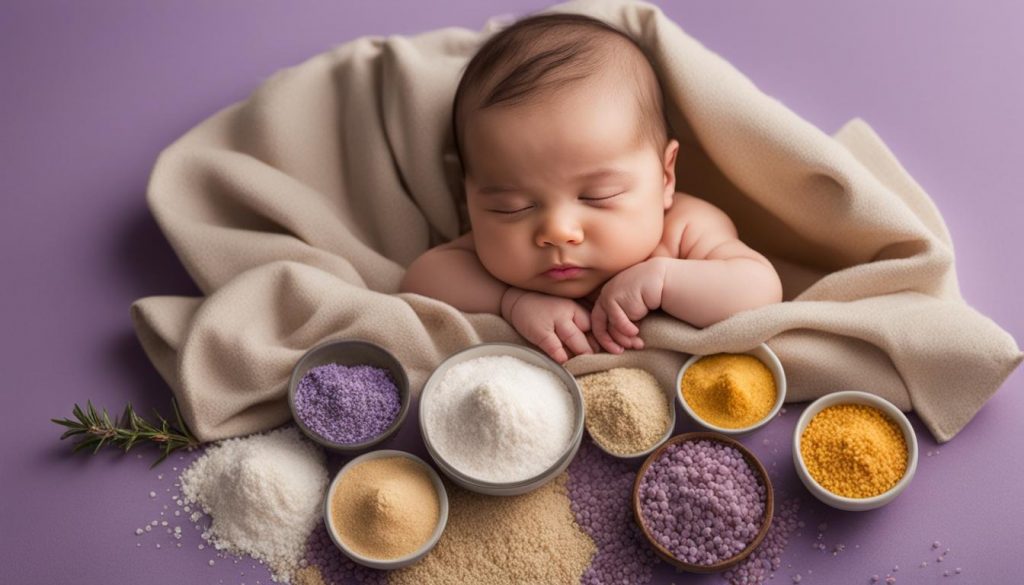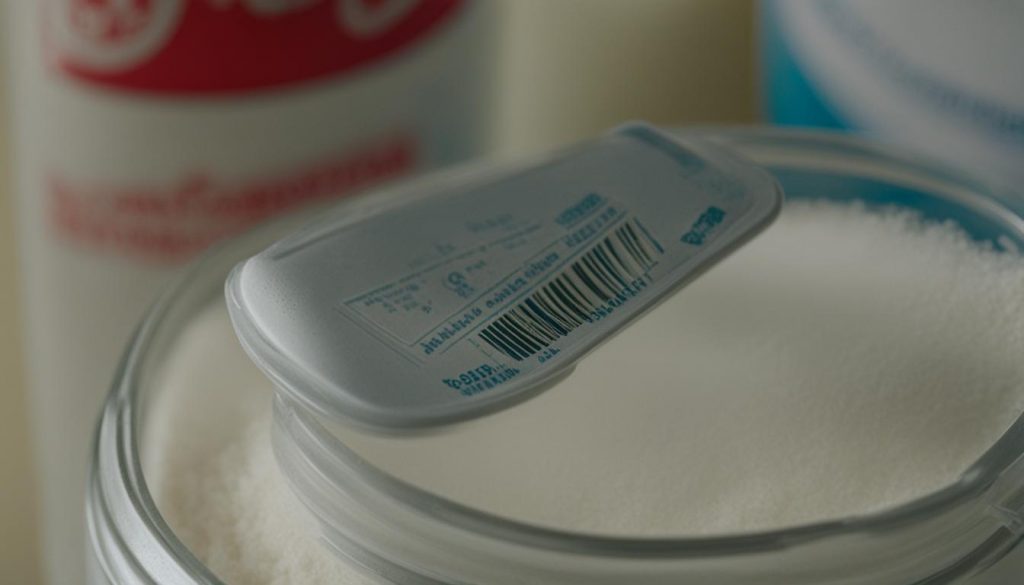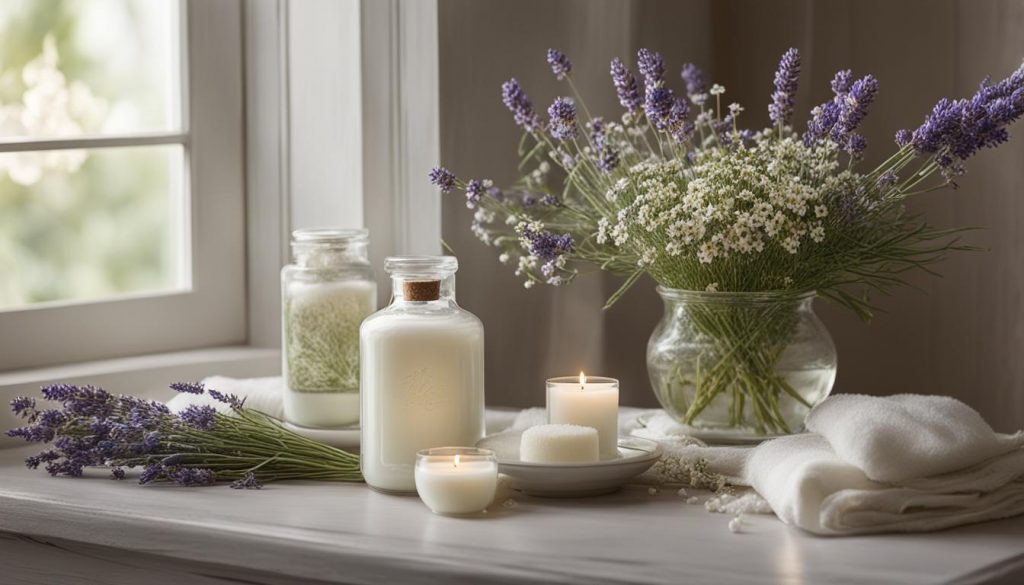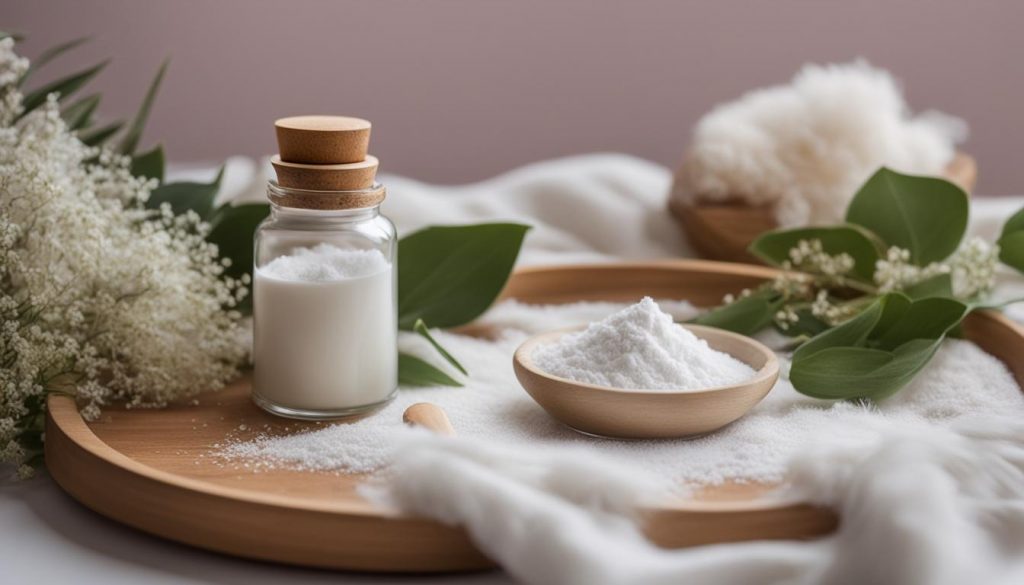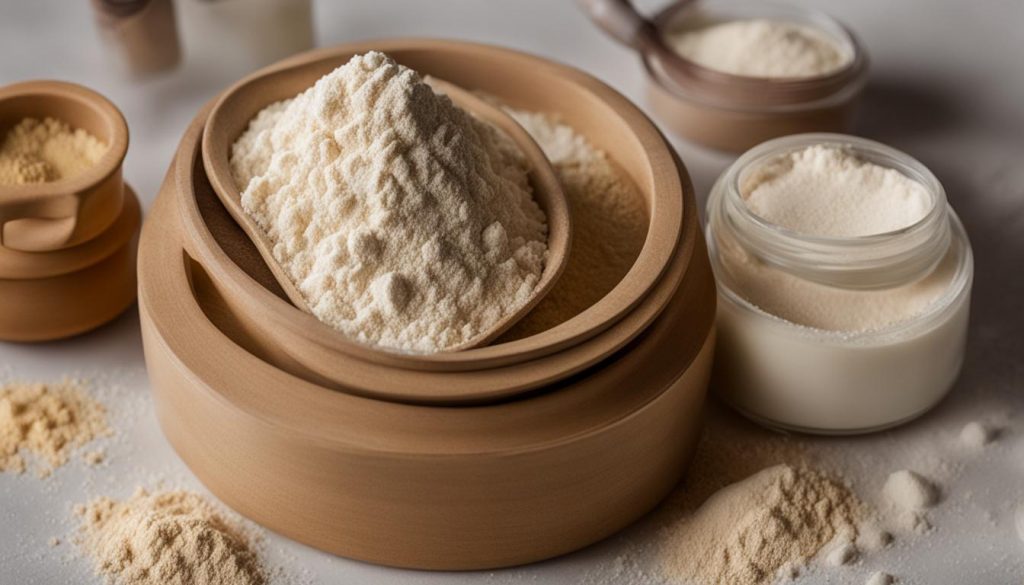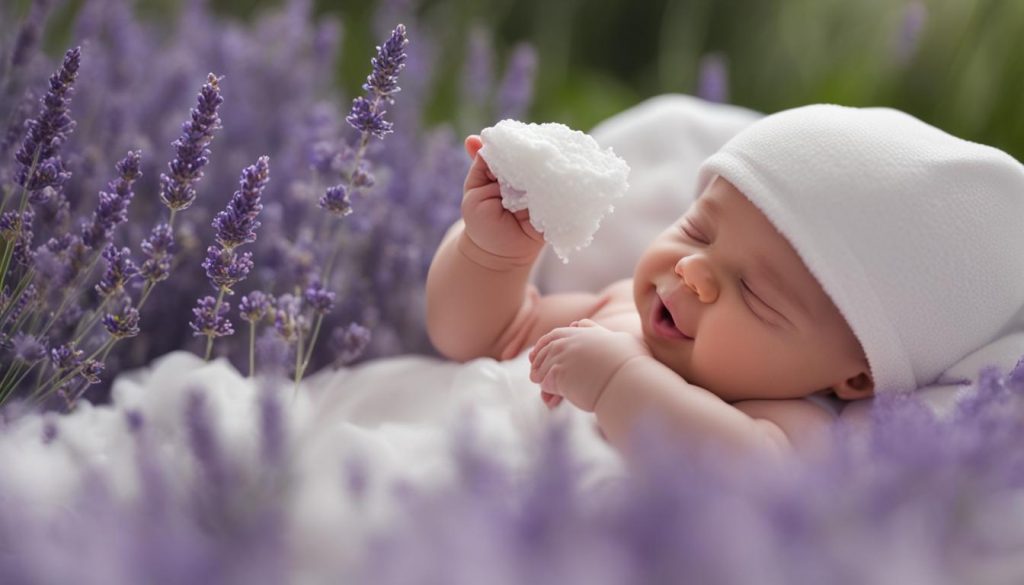Baby Powder Essential for Infant Care
Baby powder is a staple on changing tables for many parents, providing multiple benefits in infant care. It is typically made from talc or cornstarch and is used to absorb moisture and reduce friction on the skin, preventing rashes, including diaper rash. However, the American Academy of Pediatrics recommends against using baby powder, as it can irritate a baby’s delicate skin and pose inhalation risks. There are safer alternatives available for preventing diaper rash and maintaining good infant hygiene.
Key Takeaways:
- Baby powder has long been used for its moisture-absorbing properties and prevention of diaper rash.
- The American Academy of Pediatrics advises against using baby powder due to potential skin irritation and inhalation risks.
- Talcum-based and cornstarch-based baby powders are the two main types available, with fragrance often added for a pleasant scent.
- There are safer alternatives to baby powder, such as frequent diaper changes and the use of petroleum- or zinc-oxide-based creams.
- Consulting a pediatrician is recommended for newborn skin care and choosing

